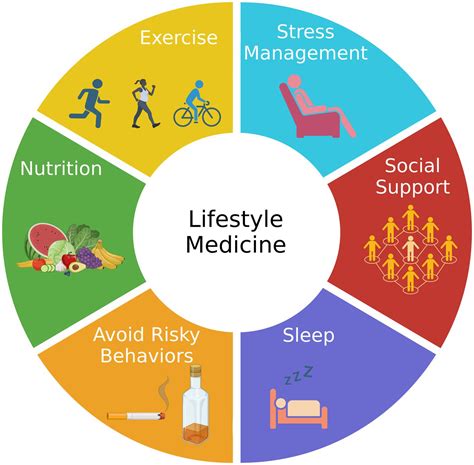What lifestyle changes boost male energy & optimize T-levels?

For men, maintaining optimal energy levels and robust testosterone (T) levels is fundamental to overall well-being, mood, physical strength, and cognitive function. While age can naturally lead to a gradual decline in T, many lifestyle factors significantly influence these crucial markers. The good news is that many everyday choices can profoundly impact your vitality and hormonal balance.
Fueling Your Body: The Nutritional Foundation
What you eat directly impacts your hormonal health. A diet rich in whole, unprocessed foods is paramount. Focus on lean proteins (chicken, fish, legumes), healthy fats (avocado, nuts, olive oil), and complex carbohydrates (whole grains, vegetables). These provide the necessary building blocks and energy without causing disruptive blood sugar spikes.
Specific micronutrients are also vital. Zinc, found in oysters, beef, and pumpkin seeds, is crucial for testosterone production. Vitamin D, often called the “sunshine vitamin,” is a pro-hormone directly linked to T-levels; consider supplementation if sun exposure is limited. Magnesium, abundant in leafy greens and nuts, plays a role in hundreds of bodily functions, including hormone regulation. Conversely, excessive sugar, refined carbohydrates, and unhealthy trans fats can negatively impact insulin sensitivity and potentially lower T-levels. Limiting alcohol intake is also beneficial, as chronic heavy drinking can interfere with testosterone synthesis.

Move Your Body: Strategic Exercise
Exercise is a powerful natural testosterone booster. However, the type and intensity matter. Strength training, particularly compound movements like squats, deadlifts, bench presses, and rows, has been shown to significantly increase T-levels. Aim for 3-4 sessions per week, focusing on progressive overload.
High-Intensity Interval Training (HIIT) can also be effective, offering bursts of intense activity followed by short recovery periods. While beneficial, moderation is key; chronic overtraining, especially with long-duration endurance cardio, can elevate cortisol levels and potentially suppress testosterone. A balanced approach incorporating strength, short bursts of intense cardio, and adequate rest days is ideal.

The Essential Role of Quality Sleep
Sleep is not merely rest; it’s a critical period for repair, recovery, and hormone production. Insufficient or poor-quality sleep is one of the quickest ways to tank your energy and testosterone levels. Studies show that even a week of reduced sleep can significantly decrease T-levels in healthy young men. Aim for 7-9 hours of uninterrupted, quality sleep per night.
To optimize your sleep environment, maintain a consistent sleep schedule, ensure your bedroom is dark, quiet, and cool, and avoid screens for an hour before bedtime. Limiting caffeine and heavy meals late in the evening can also promote better sleep hygiene.

Conquering Stress for Hormonal Harmony
Chronic stress is a silent killer of male energy and testosterone. When you’re stressed, your body releases cortisol, the primary stress hormone. High cortisol levels have an inverse relationship with testosterone; as one goes up, the other tends to go down. Managing stress effectively is therefore crucial for hormonal balance.
Incorporate stress-reducing practices into your daily routine. This could include mindfulness meditation, deep breathing exercises, spending time in nature, engaging in hobbies, or regular social connection. Finding healthy outlets for stress helps keep cortisol in check and allows your body to optimize T production.

Additional Lifestyle Optimizers
- Maintain a Healthy Weight: Excess body fat, particularly around the midsection, can convert testosterone into estrogen, further depleting your T-levels. Losing weight can significantly improve T production.
- Limit Environmental Toxins: Be mindful of endocrine-disrupting chemicals found in plastics (BPA, phthalates), pesticides, and certain personal care products. Choose natural alternatives where possible.
- Stay Hydrated: Water is essential for every bodily function, including hormone transport and synthesis.
- Get Sunlight Exposure: Besides Vitamin D, natural light exposure helps regulate your circadian rhythm, which impacts hormone production and sleep quality.

Conclusion
Boosting male energy and optimizing testosterone levels is not about quick fixes but a consistent, holistic commitment to a healthy lifestyle. By strategically focusing on nutrition, exercise, sleep, stress management, and minimizing environmental disruptors, men can naturally enhance their vitality, improve mood, and support long-term hormonal health. Small, consistent changes can lead to significant improvements in how you feel and function every day.









